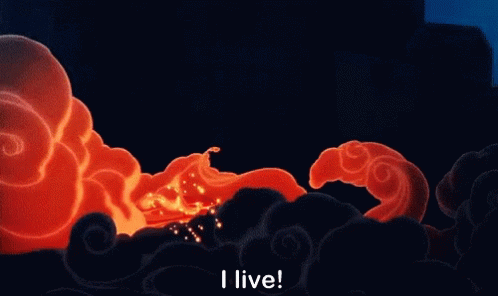A study in not impulse-buying (reviewing some tabletop games)
We coincidentally bought a number of games in the two days before the COVID lockdown. We went up to Seattle with a couple of friends because we'd rented an Air BnB with them to attend Emerald City Comic Con but the owner refused to reimburse us when the con got canceled, so we figured we might as well use the apartment we'd paid for. While we were there, we visited Mox Boardinghouse (a game store) multiple times and bought a pile of games, and we found them to be a boon during the next few months of being cooped up in the house.
Much more recently, we finally got our own copy of Marvel Zombies, which we've played at a friend's house, and we've been loving that.
A few weeks ago, we went up to Portland on an ill-fated quest to buy a Squishable I really want (turns out that Squishables closed that store, even though it's still listed on their website and in Google), and so we took the opportunity to visit the Portland Mox Boardinghouse. We bought four games: Kinfire Delve, Timeline Twist, Tesseract, and Buffer Time.
Now, I'm not going to talk too much about Kinfire Delve because we spent some amount of time in the store searching it on our phones and reading reviews and discussions before buying it -- exactly the opposite of the "impulse-buying" I noted in the title here. But I will say that it is a good game. The players each play a character with specific abilities and together, they have to investigate and solve anomalies in the forest, then defeat the big baddie that's causing them. It takes a lot of strategy and cooperation, which is exactly what we enjoy. The next time we go up to Mox, we'll be buying the other versions of Kinfire.
But, the other three, we bought them for various reasons, without much research:
* Timeline Twist: It's a cooperative variant on the original Timeline game, which was competitive. (Everyone gets cards with events on them, and on your turn, you guess where your card fits in the timeline on the table; if you're wrong, you have to draw more cards. The player that runs out of cards first wins.) We thought, hey, we like Timeline, so playing it cooperatively would be awesome!
* Buffer Time: This game is based on Star Trek: Lower Decks, which we love. So, we got the game.
* Tesseract: The main item in this game is a cube made randomly out of 64 dice, set on a spinning platform. Seriously -- go look at the images in the Amazon listing. How could I *not* buy this?
And now we've played them all.
( Timeline Twist )
( Buffer Time )
( Segue: Good Omens )
( Tesseract )
The bottom line is two terrible games and one amazing game. Luckily, the expensive one was the amazing game; I would have hated to throw out the $60 game. But, that should teach us to not buy games on a whim.





